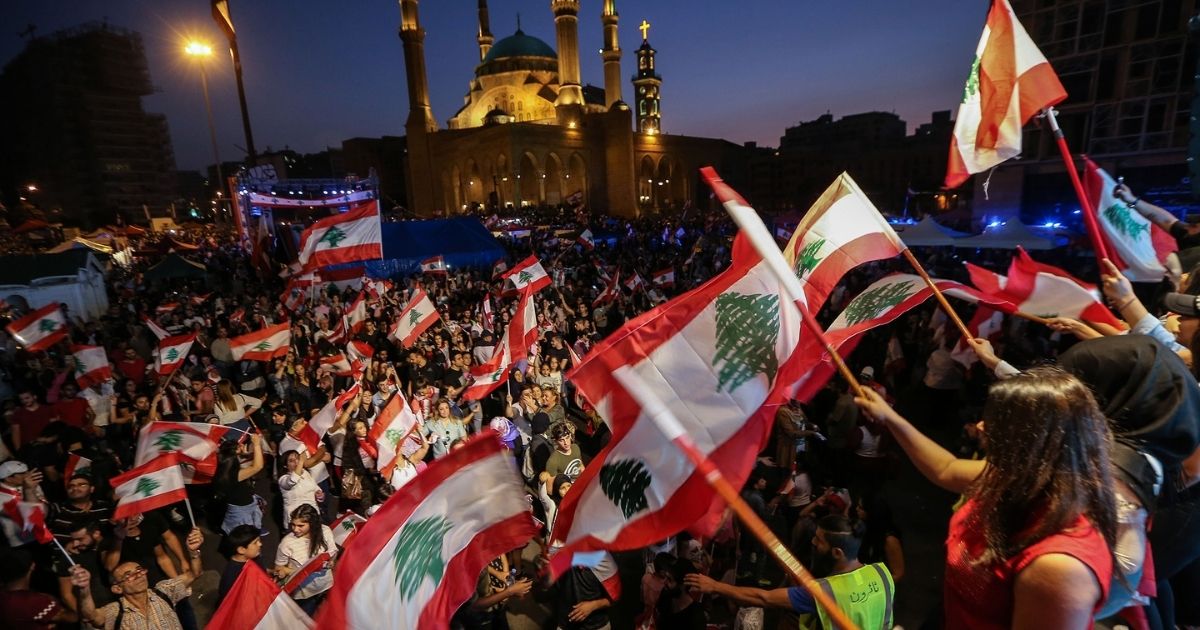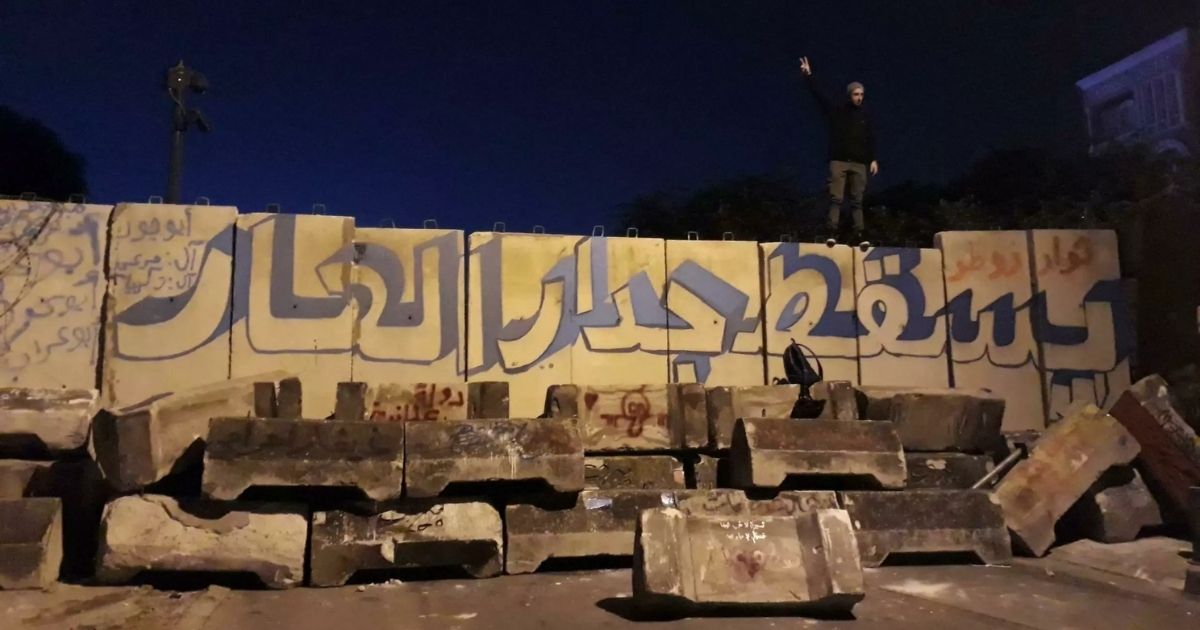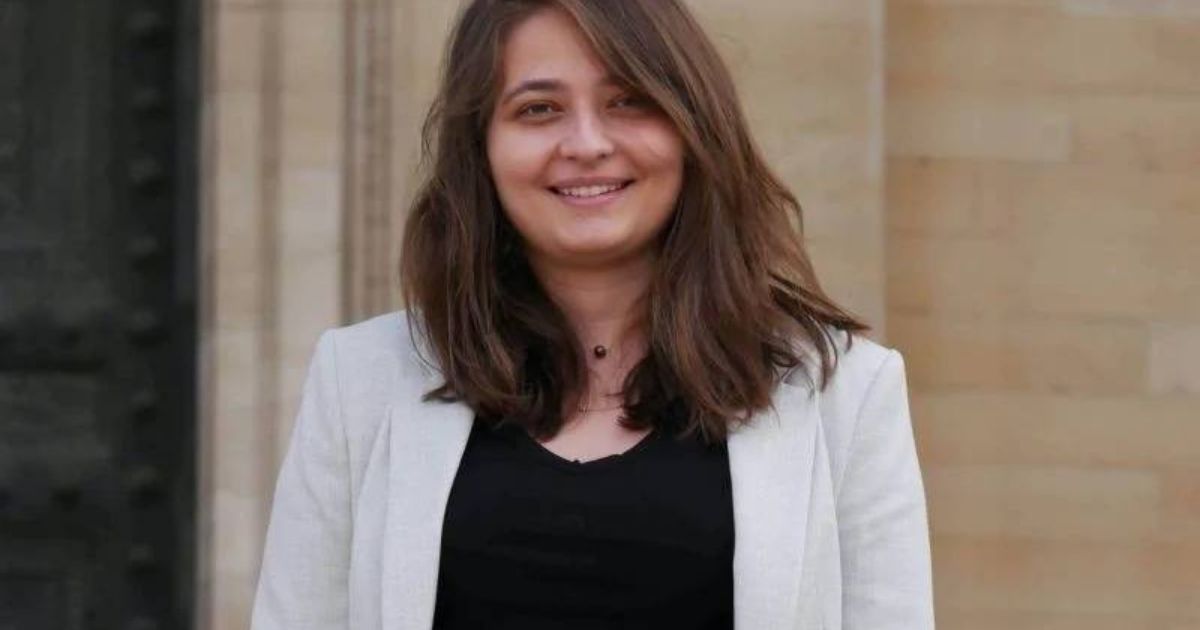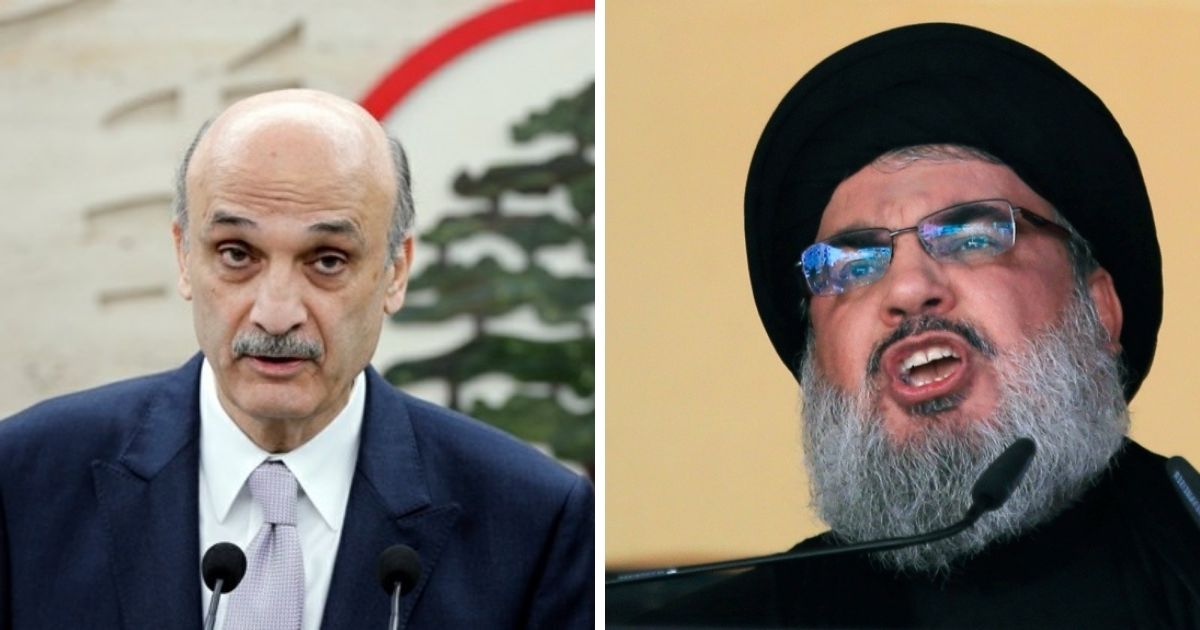Lebanese security forces set a record in their number of arrests this week, particularly in Hamra and Ring with the arrests of 59 protesters at one time.
Angry and concerned, many Lebanese activists along with a group of lawyers headed to the law-enforcement barrack of Thakanet El Helou in Beirut where these protesters were being held.
The gathering outside the barrack demanding the release of the detainees quickly grew into a massive crowd to then find themselves in a battleground of horrible aggressive incidents.
And yet, they were protesting peacefully as shown in numerous videos circulating social media.
Not only protesters were victims of that attack, but also reporters, photographers, media workers, and journalists who were covering the protest. Like almost all others, they were badly injured and some had to be carried to nearby hospitals.
The reporters and cameramen of Al-Jadeed and LBC TVs, for example, were attacked while reporting live from the scene, which was witnessed by the audience of these two major TV channels in Lebanon.
A picture of a member of the security forces, in particular, has been circulating online for allegedly verbally and physically assaulting more than 15 journalists brutally.
French photographer Greg Demarque was among those arrested, while Reuters journalist Essam Al-Abdullah was among those assaulted.
Students also got more than their fair share of aggression. One student was kicked on his hand so hard that it broke, and another named Daniel is until now unable to walk.
Another victim is Rafif Sunni, a Lebanese University student, who was hit on the head so hard that she temporarily lost her memory and eyesight. She’s still hospitalized.
All that Rafif was able to remember when she first woke up in the hospital is her assault, saying: “They beat us so hard. They wouldn’t stop.”
After she got a little better, she was able to share more. She stated that one member of the riot police told her that he won’t hit her with a stick, but instead he will use another object.
He then proceeded to hit her on the head with a metal object, all while telling her: “If I see you here again, I will kill you.”
While in the hospital, Rafif encountered a friend of hers and a fellow activist, Cynthia, also beaten on her head. Cynthia recounted that her attacker from the security forces wouldn’t stop hitting her on the head, even after she started bleeding.
In another incident involving Lebanese students, security forces also cruelly assaulted the students of Cortbawi school in Jounieh while they were protesting and organizing a march.
Minister Raya el Hassan issued in a statement that the security forces and riot control didn’t receive any orders to disperse the protesters or treat them with violence.
She went on justifying their actions by stating that the security forces reacted in self-defense and out of exhaustion; they are not sleeping and not resting, according to her.
She acknowledged that this is not an excuse, and insisted that she didn’t give the order.
It isn’t an excuse indeed. With so many assaulted reporters and journalists, the alleged ‘self-defense reaction’ couldn’t be possibly applicable, unless these were ‘self-defense’ against being recorded in their violent acts.
It isn’t either accepted that the law-enforcement elements are being left, if true, without rest and sleep. That would only reveal the extent of misgovernance.
Adding that ‘exhausted’ elements can’t possibly harbor such tremendous energy to assault so brutally the way reported by the victims.
From his side, Major General Othman apologized to all the reporters and journalists that were affected by the attacks of Thakanet el Helou.
However, the Syndicate of Lebanese Press Editors didn’t deem the apology enough; understandably. They are asking for the ‘caretaker’ Minister of Interior Raya Hassan to open an investigation into the events.
The day following that horrible event, a group of Lebanese women gathered in front of Raya Hassan’s house, demanding that the policy of using excessive violence stops.
They also asked that she holds accountable those responsible for injuring their children and leaving them in critical conditions.
The injured protesters who are already in better health conditions are back in the streets. Those still in the hospital or suffering from their injuries have promised to be back soon.
The brutality they have experienced doesn’t seem to have deterred them from continuing their revolutionary journey; on the contrary.
It has reinforced their conviction that a government that oppresses the voice of freedom and abuses human rights has to go.
As for the people arrested, they are all out except for seven of them who turned out to be foreigners with no official papers.
The Lebanese Lawyers Committee asked people who were attacked to reach out to them. This committee is ready to help them with their lawsuits against the attackers.
All the while, a pertinent question dwells unanswered among all Lebanese people, in the homeland and abroad, turning into the main topic of conversations in the Lebanese society:
“Where were the riot police and the security forces when thugs were destroying banks in Hamra and setting them on fire? Why do they only target peaceful protesters and leave those who are causing serious damages out on the streets, roaming free with their acts of vandalism?”

















